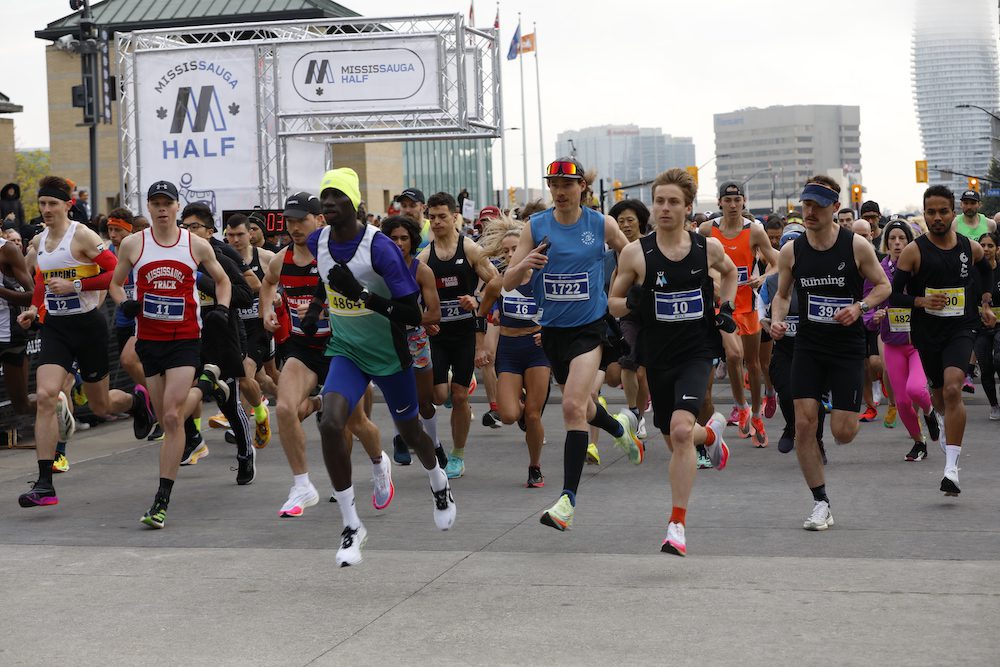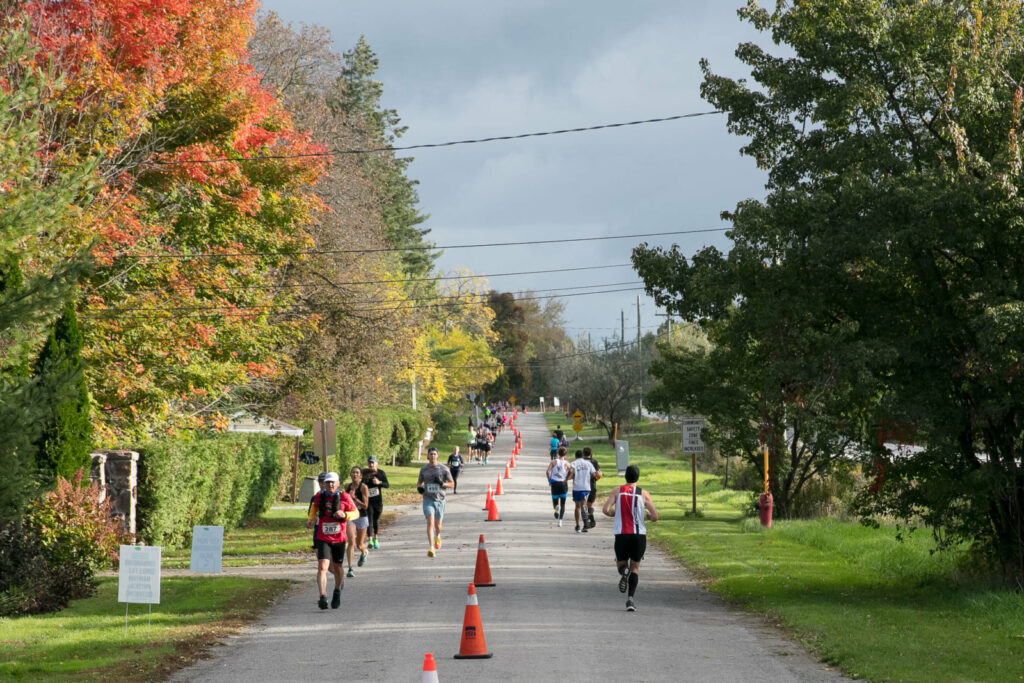Should you run the half-marathon distance in training?
Marathoners won't typically run 42 kilometres in training, but should half-marathoners follow the same rule?
 Photo by:
Mississauga Half Marathon
Photo by:
Mississauga Half Marathon
The unwritten rule in marathon training is to never run the marathon distance. But should the same rule apply to the half-marathon?
Most marathon training plans shy away from touching 42.2 kilometres, and for good reason. Running the marathon distance in training could result in injury and compromise recovery. Those training for a marathon focus more on building mileage and strength to prepare their body to tackle the distance on race day. For example, someone training for a 3:30 marathon may build their mileage up to 60 to 80 kilometres a week, spread out across seven days. Building mileage over time helps build your endurance without subjecting your body to the full force of race day.

The same principles apply to half-marathon training, albeit with some subtle differences. While there are risks of running the 21.1 km distance in training, they are not as pronounced. Most runners will build up to long run distances of 16 to 19 kilometres two to four weeks before the race. This approach is popular for runners tackling their first or second half-marathon, or for shorter-distance runners stepping up to the half. This approach still helps the runner build the endurance and mental fortitude necessary for a personal best on race day.
If it’s not your first rodeo and you’re coming from a more experienced running background, you may need to push the envelope and add additional mileage to hit that PB, and the easy way to do that is by adding some distance to your long runs. But the key to success remains the same: listen to your body and find what works for you during training to avoid injury and overtraining (burnout).

As a run coach, I feel there is no right or wrong answer besides finding out what works. If it’s your first or second half marathon and you’re used to lower mileage, I’d recommend saving the distance until race day to see how your body feels and reacts to training. If you’re coming from a high mileage or more experienced running background, a way you can keep your long runs short is by adding more distance to recovery runs and workouts.


